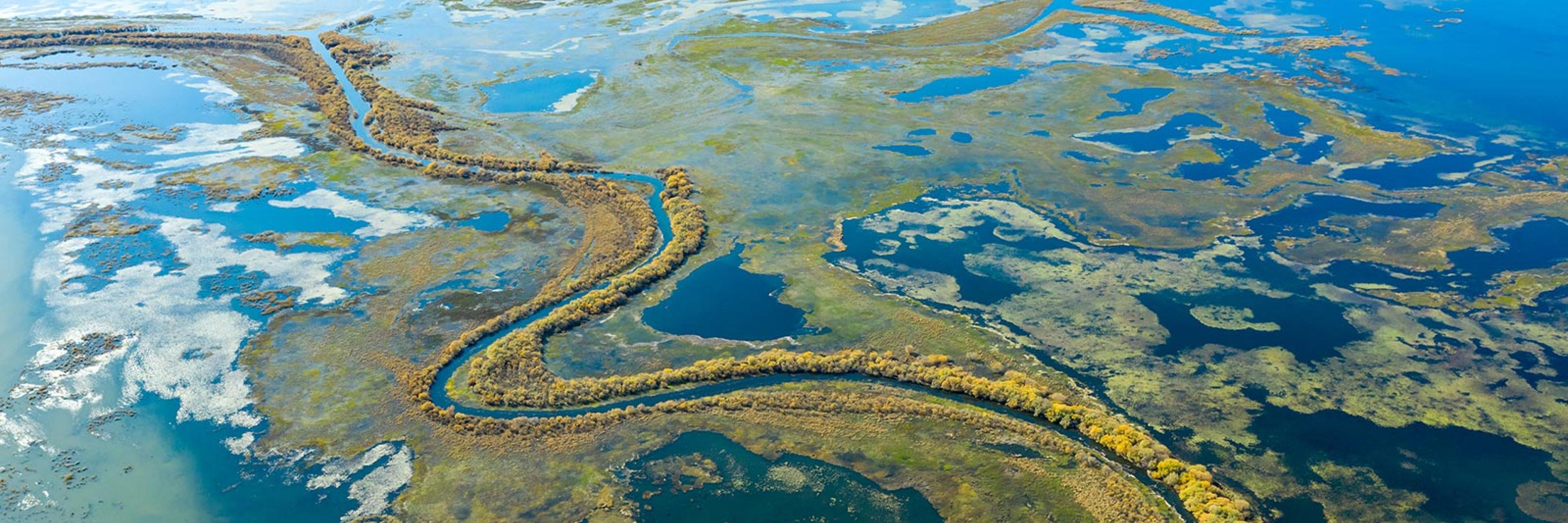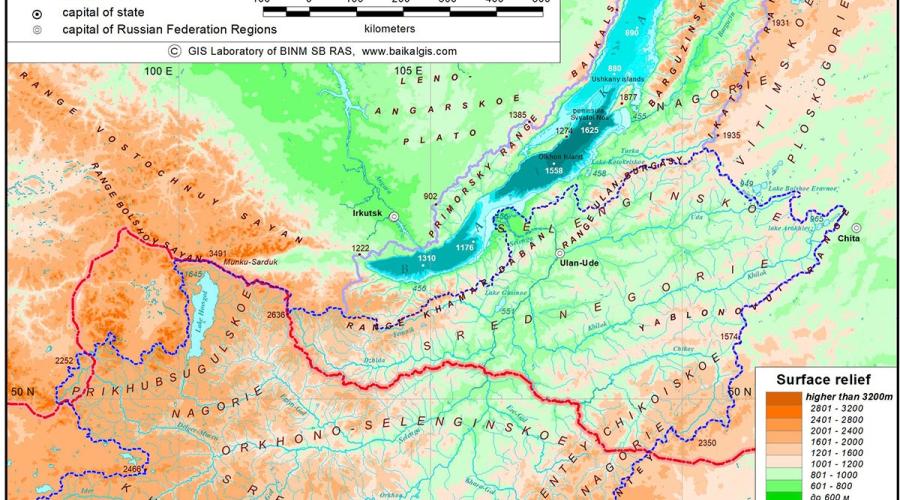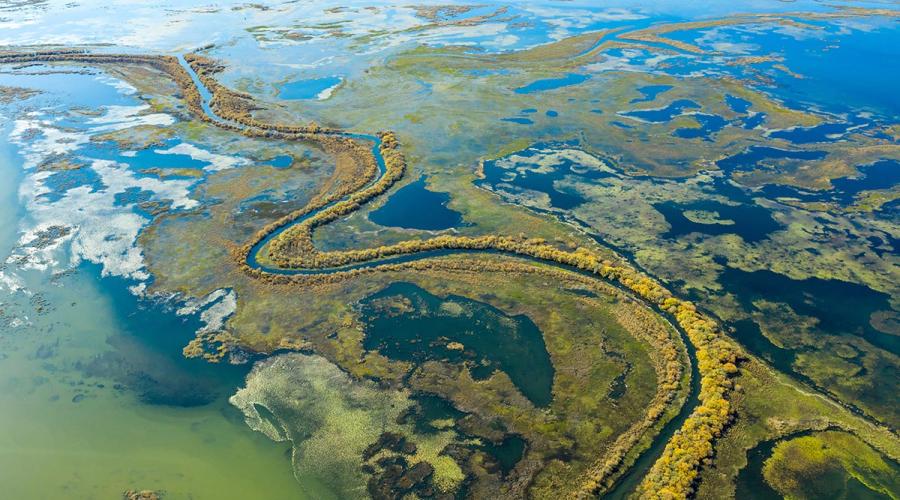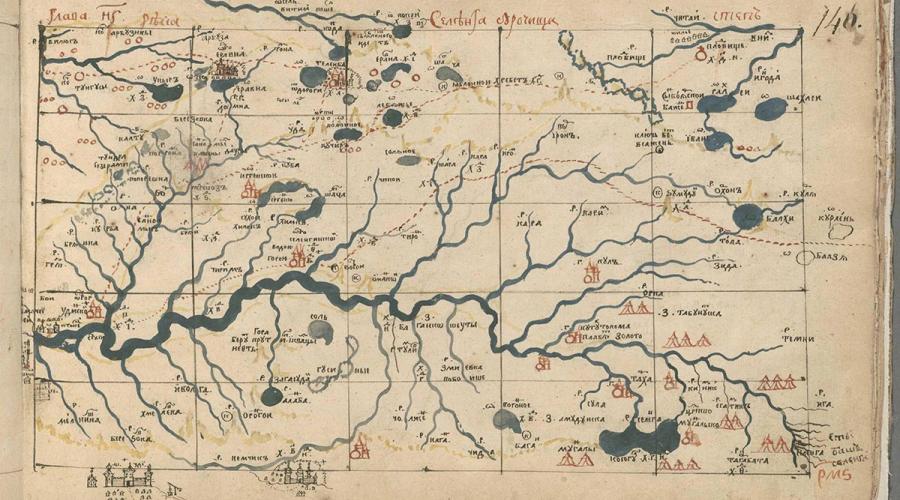
Resource frontiers: managing water on a trans-border Asian river
Recent years have seen increased global policy concern with the management and governance of fresh-water resources. From a humanitarian perspective, the United Nations aims to tackle global challenges associated with water access. From the perspective of international law, a growing body of multilateral agreements aims to ensure countries have fair access to trans-border rivers. Against these backgrounds, the social sciences pay increasing attention to fresh water as a scarce global resource requiring careful management.
Rationale
We use ethnographic methods to explore the politics of managing, and planning the management of, trans-border rivers on water resource frontiers. Such frontiers are critically important as they are sites where different national interests collide over the management of often contested water resources.
The river Selenga (Mongolian: Сэлэнгэ мөрөн; Russian: река Селенга; Chinese: 色楞格河), whose management we study, provides an exemplary case study of such collisions. Running from northern Mongolia into Russia’s Lake Baikal, the Selenga is also the object of extensive Chinese economic and political interest. Unhindered by multilateral legal agreements of the sort that govern other trans-border rivers, Mongolia strives for energy security by proposing hydroelectricity plants on tributaries of the Selenga. Russia aims to preserve the unique ecology and cultural significance of Lake Baikal by protecting its water inflow from the Selenga. And China seeks to fuel economic growth in its arid northwest and central agricultural provinces through plans of water-abstraction from Inner Asia.
This an ESRC (UK) funded Research Grant, 03 January 2022 - 02 January 2025.
Strategy
Resource Frontiers has six interlinked objectives
- Document practices of trans-border river management activities, both proposed and on-going, relating to the Selenga
- Understand contexts in which multilateral legal agreements concerning the use of trans-border rivers are unappealing to State parties
- Understand the frictions that emerge when different national legal systems regulate governance of the same trans-border rivers
- Understand how environmental management of the Selenga responds to the twin regional pressures of economic development and environmental degradation
- Identify trans-border water management strategies that are both environmentally non-damaging and promote shared use of trans-border rivers
- Understand environmental and ecological values embedded in both official and unofficial resource management practices and discourses concerning the Selenga
Methods
We use ethnographic methods, including participant-observation and interviews, to examine legal regimes of trans-border water governance. We will also consider perspectives of alternative water governance embedded in local beliefs that water politics extends beyond national borders and the human world to address local and global water management by other-then-human creatures, such as Lusad (water-deities).





